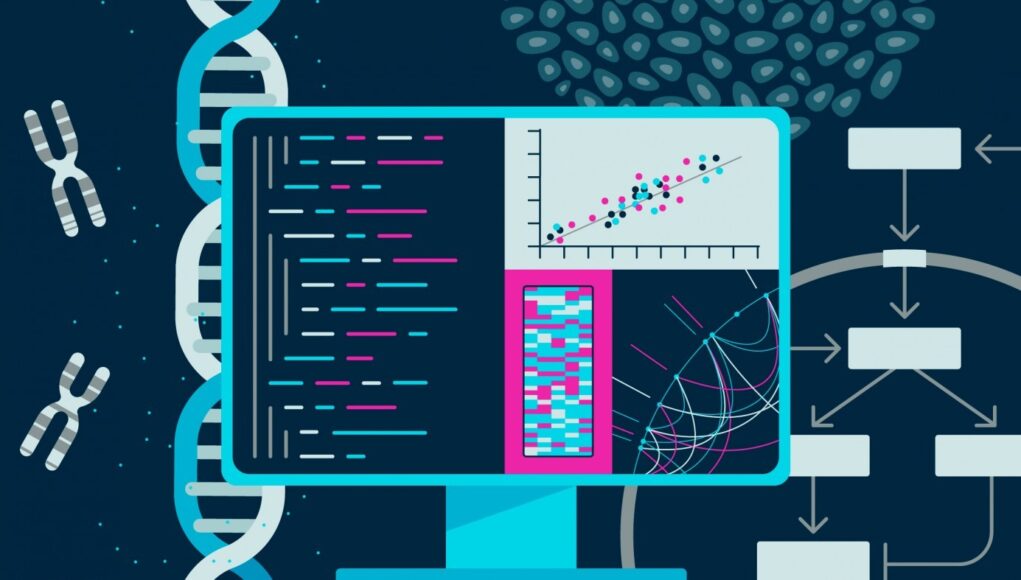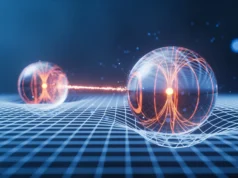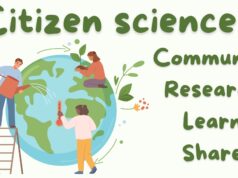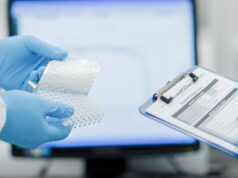In recent years, the convergence of biology and artificial intelligence (AI) has sparked a scientific revolution. What was once the domain of microscopes and petri dishes is now being supercharged by algorithms and machine learning models. This intersection is not only accelerating our understanding of life but is also transforming healthcare, drug discovery, agriculture, and even our concept of what it means to be “alive.”
As biology becomes increasingly data-rich, and AI tools grow more sophisticated, these two disciplines are fusing to form a new paradigm—where machines help decode the complexity of living systems in ways previously unimaginable.
Biology Goes Data-Driven
Biology, at its core, studies living systems—from the molecular level up to entire ecosystems. Traditionally, this has involved painstaking experiments, manual data recording, and trial-and-error. But over the last two decades, biological research has undergone a data explosion.
Advancements in DNA sequencing technologies, for instance, have brought the cost of sequencing a human genome down from billions of dollars to less than $1,000. This deluge of biological data—genomic, proteomic, metabolomic, and beyond—has created a need for tools that can not only store it but also make sense of it.
This is where AI steps in.
AI: The Brain Behind the Biology
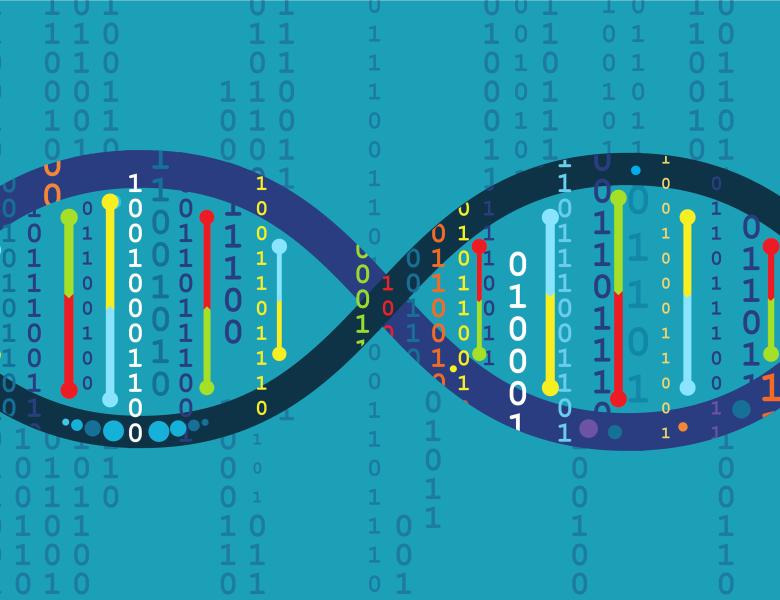
Artificial intelligence, especially machine learning (ML) and deep learning, excels at finding patterns in large, complex datasets. In biology, these patterns can reveal everything from genetic mutations that cause disease to the molecular structure of proteins.
Here’s how AI is transforming key areas of biological research and application:
1. Genomics and Precision Medicine
Genomics involves studying the complete set of DNA in an organism. AI models can sift through millions of genetic variations to identify those linked with specific diseases or traits. This has major implications for precision medicine, where treatments are tailored to an individual’s genetic makeup.
For example, companies like Deep Genomics and Google’s DeepMind are developing AI systems that can predict the effects of genetic mutations—helping to diagnose diseases faster and more accurately.
2. Drug Discovery and Development
Traditionally, bringing a new drug to market takes over a decade and costs billions. AI can drastically shorten this timeline by predicting how molecules will behave, identifying drug candidates, and even designing new molecules from scratch.
In 2020, DeepMind’s AlphaFold made headlines for solving the protein folding problem—predicting the 3D shape of a protein from its amino acid sequence. This achievement opened doors to understanding diseases and developing drugs at an unprecedented pace.
Biotech startups are already leveraging AI to discover treatments for cancer, rare diseases, and infections like COVID-19 faster than ever before.
3. Medical Imaging and Diagnostics
AI has proven to be remarkably effective at analyzing medical images—such as X-rays, MRIs, and CT scans—with accuracy that rivals or exceeds that of human radiologists.
In biology, this means faster, more reliable diagnosis of conditions ranging from tumors to neurological disorders. Tools like Google’s AI-assisted breast cancer screening system or PathAI’s digital pathology platform demonstrate how AI is reshaping diagnostics.
4. Synthetic Biology and Bioengineering
Synthetic biology involves redesigning organisms to perform new functions—such as producing biofuels or cleaning up pollution. AI is helping scientists model complex biological systems, optimize genetic circuits, and predict how modifications will affect cellular behavior.
Think of it as programming life, with AI serving as the compiler.
5. Neuroscience and Brain-Computer Interfaces
The human brain is one of biology’s greatest mysteries—and AI is playing a key role in unraveling it. Neuroscientists use machine learning to interpret neural signals, map brain activity, and understand disorders like epilepsy and Parkinson’s.
At the same time, companies like Neuralink are exploring brain-computer interfaces (BCIs), which could allow direct communication between the brain and external devices—blurring the line between biology and technology even further.
Challenges and Ethical Considerations
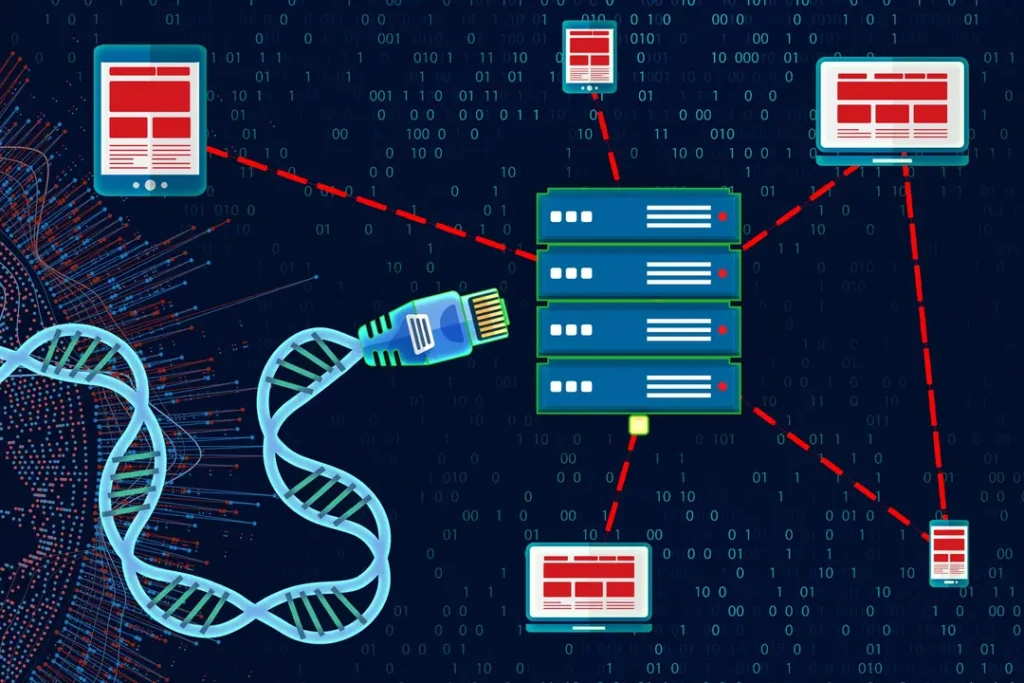
While the potential is vast, the convergence of AI and biology also brings complex challenges:
- Data Privacy: Genetic and medical data is deeply personal. Protecting this data from misuse is critical.
- Bias and Fairness: AI models trained on biased datasets can produce skewed results, especially in healthcare settings where decisions impact lives.
- Interpretability: Biological systems are inherently complex. Understanding why an AI made a certain prediction is often as important as the prediction itself—especially in clinical applications.
- Ethics of Enhancement: As we gain the ability to edit genes or augment human capabilities, society must grapple with the ethical implications of “playing God.”
Careful regulation, interdisciplinary collaboration, and public engagement are key to addressing these issues responsibly.
The Future of AI-Biology Collaboration
As this field continues to evolve, several exciting directions are emerging:
– AI-Driven Cell and Tissue Engineering
AI will soon help design custom tissues and organs using a combination of 3D printing and stem cell manipulation. This could one day solve organ shortages or lead to personalized tissue repair.
– Personalized Health Monitoring
Wearables powered by AI are increasingly capable of tracking biomarkers in real-time—from blood glucose to sleep patterns. This paves the way for predictive healthcare, where problems are identified and addressed before symptoms even appear.
– Environmental and Agricultural Biology
AI is also helping to address global challenges. From modeling ecosystems to optimizing crop yields, AI-biological systems can support sustainability and food security. Precision agriculture uses AI to analyze soil data, predict disease outbreaks in crops, and fine-tune irrigation—all driven by biological insights.
Conclusion
The intersection of biology and AI is not just a scientific trend—it’s a transformative force reshaping our understanding of life, health, and the environment. As these disciplines converge, they are pushing the boundaries of what is possible: decoding the human genome, creating smart therapies, building living machines, and perhaps even unlocking the secrets of consciousness.
In the coming decades, the fusion of biological knowledge and artificial intelligence will drive discoveries that were once the realm of science fiction. But with this power comes responsibility. Ensuring that these technologies are used ethically, equitably, and sustainably will be as important as the innovations themselves.
One thing is clear: the future of biology is computational, and the future of AI is biological.

